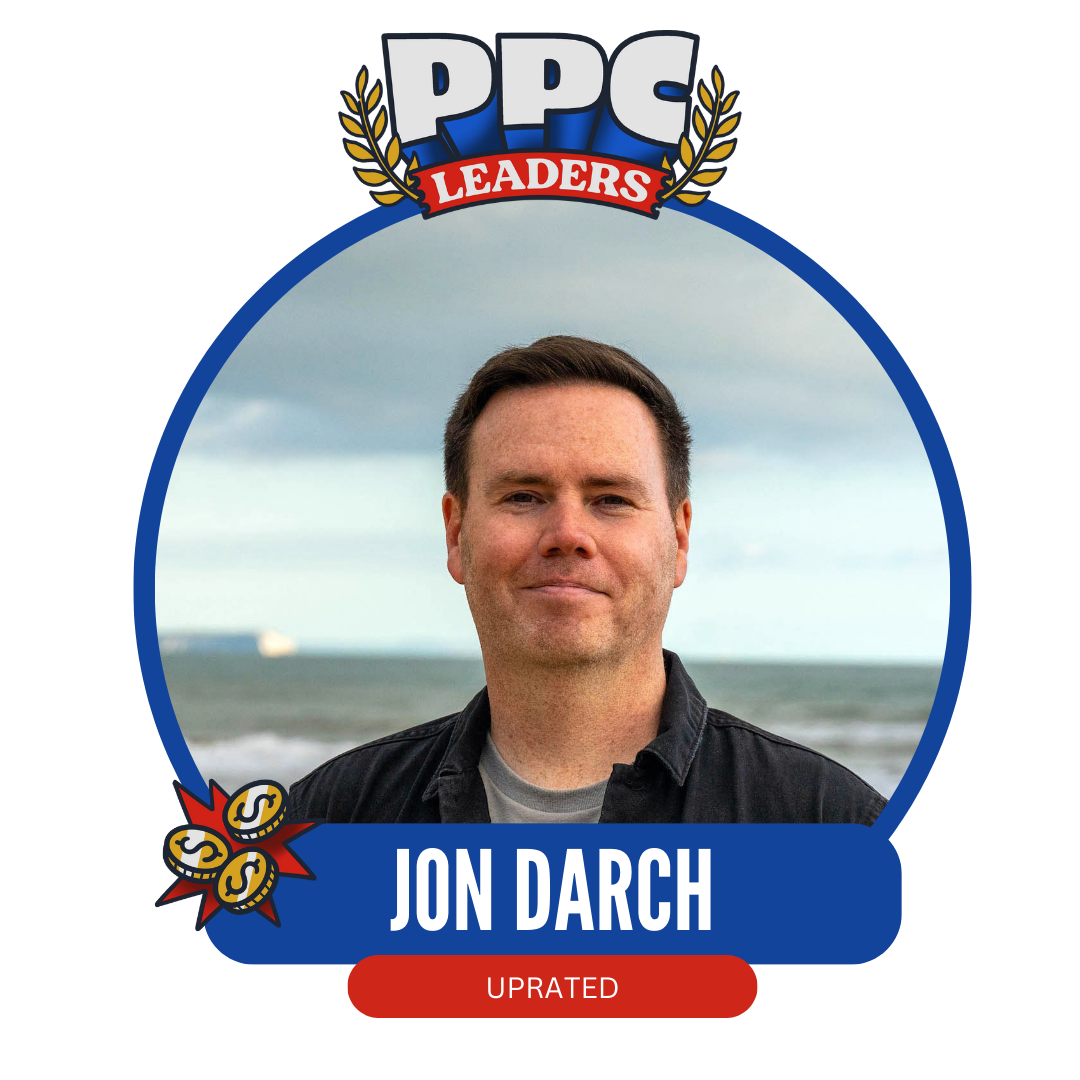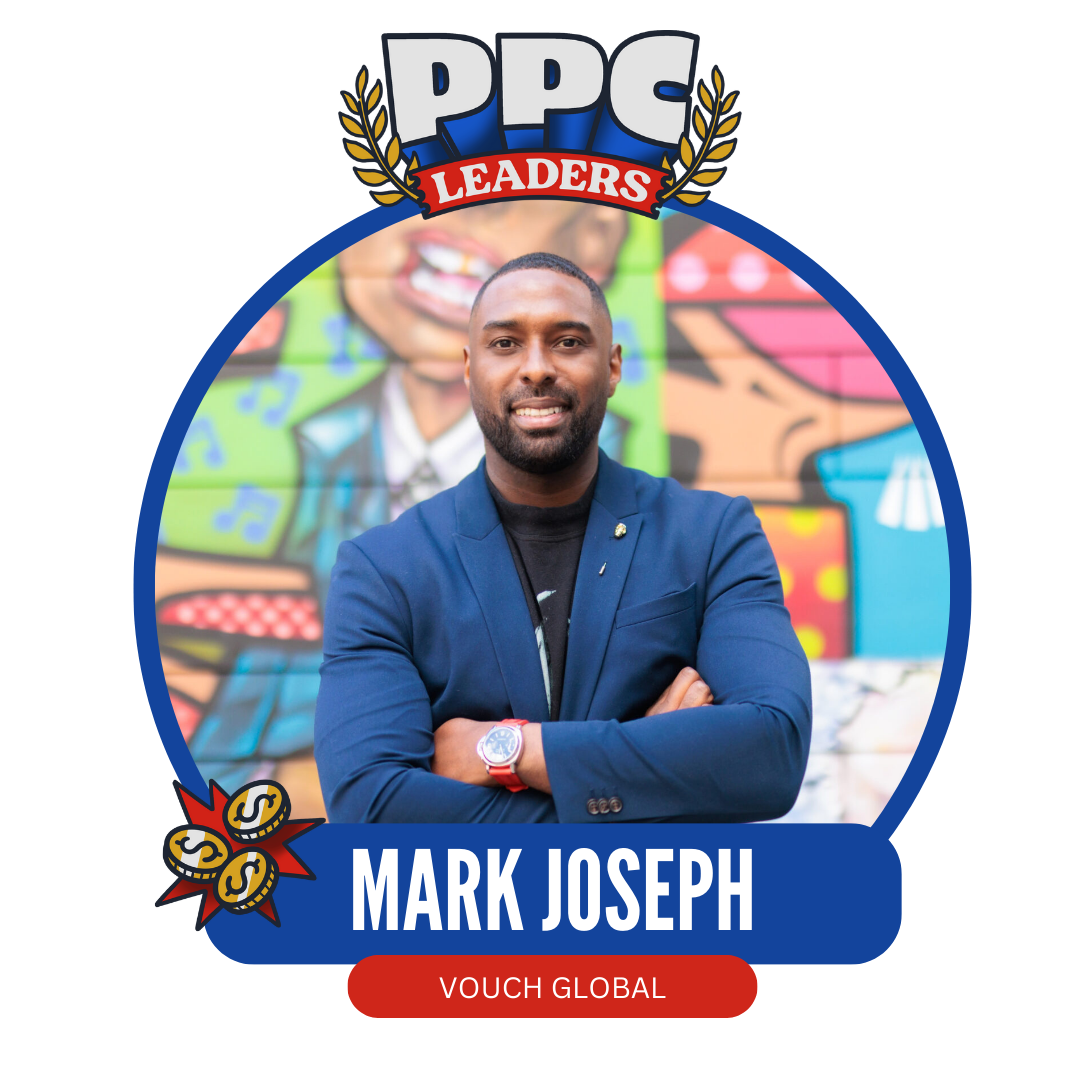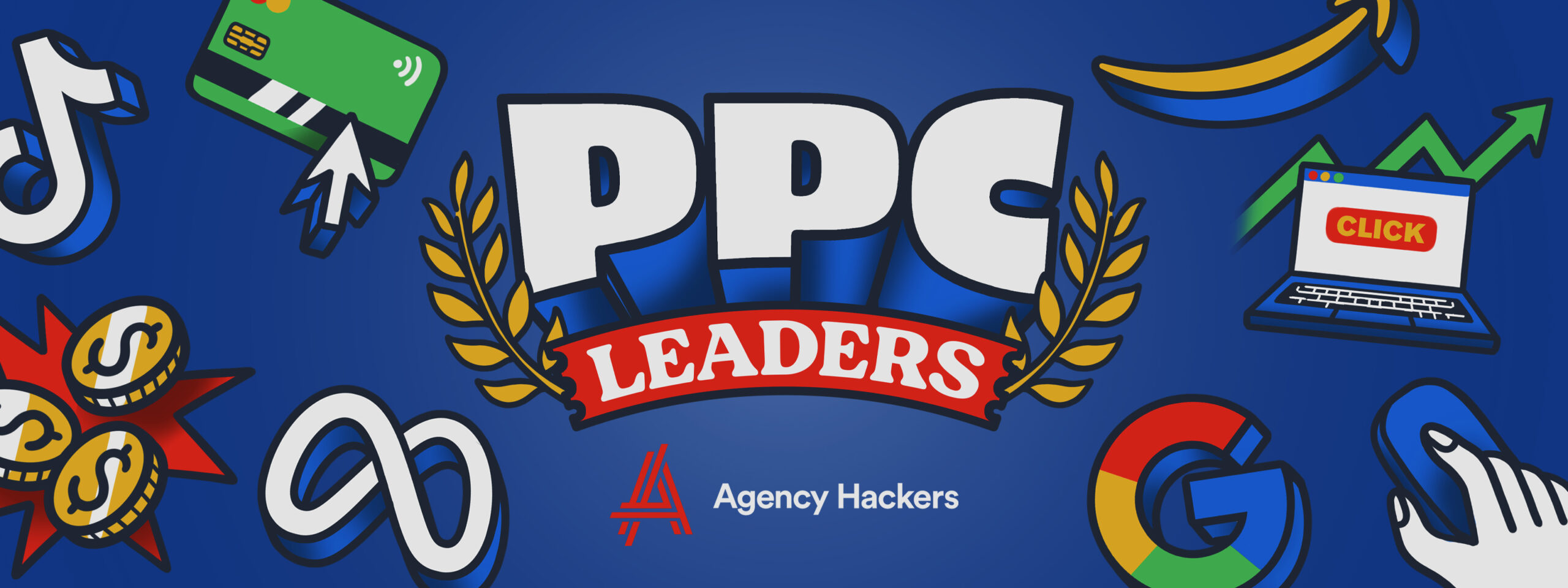Speakers
📢 Here are the current speakers we have for this event. We will also hear from you – the event is all about taking part.
Is Google Poaching Your Clients?

The phone rings. It’s one of your clients.
Whenever a client calls you up, you’re never quite sure if it’s going to be good or bad, but… nothing could prepare you for this.
“Hey,” they begin uneasily. ‘ Google called – they said there were a few things we weren’t doing with the account that could improve performance.’
You roll your eyes.
“They mentioned something about optimisation techniques we should be using. They made it sound like we’re missing out on some big opportunities, and, well, we thought we should talk to you about it first.”
Sound familiar?
Jon Darch, founder of Uprated, says that this kind of thing is happening all the time.
“Google calls up our clients and wants to talk to them about how they can ‘help’ with optimisation, even though they know they have an agency – yt completely undermines us,” says Jon. “It makes clients question our expertise because they think, ‘Well, we must listen to someone from Google. And that person from Google is probably not even an account strategist – they’re a salesperson!”
Jon has been lucky in that they haven’t lost any clients to these conniving tactics, but there are plenty of other agencies that most likely have.
“I’ve seen loads of horror stories where clients get called up by Google, and it causes issues,” he says. “It can erode confidence a little bit, and I’m sure there are others that have had poorer experiences than us.”
Whilst Google claims they’re planning on resolving these issues, there is no timeline of when this will happen.
A
👉 At PPC Leaders, Jon will be joining us on stage to lead a discussion about this Google problem. This is a chance to vent your frustration about Google’s snakey tactics – and find out new and productive ways of handling this situation.
How to Leverage LinkedIn for Paid Ads

LinkedIn keepIn a world where media platforms increasingly use AI and machine learning to “help” advertisers, sometimes the only route to success, especially for niche products and services, is to ignore their advice altogether.
For example: LinkedIn insists that you need a minimum audience size of 50,000 people for your ad campaign.
But Jennifer Esty, managing director at Sharp Ahead, thinks that’s a load of rubbish.
“Every time we create a LinkedIn campaign and it tells me that I need a minimum audience size of 50,000, I just swipe that notification away and ignore it,” she says. “It’s asinine, frankly, for a niche B2B company.”
According to Jennifer, success on LinkedIn often means ignoring the platform’s so-called ‘best practices’ and doing it your own way.
For example:
- Spotlight vs. Text Ads – “We’ve been noticing a shift towards showing more spotlight ads and fewer text ads; we’re also seeing much higher click through rates on those spotlight ads versus text ads.”
- Mastering LinkedIn’s Ad Library – “They have an ad library where you can get a sneak peek at all your competitors’ ads to see what they’re doing and what ads they’re running.”
- Strategic Placement Management – “If you are doing a lot of advertising on LinkedIn, you definitely should be mindfully managing where your brand placements are.”
But it’s not easy. You have to constantly adapt your content strategy to keep up with the changes, whilst also not breaking the bank when generating leads.
“The last few campaigns that we have done, we’re seeing more like £100-200 CPLs for those downloads,” says Jennifer – referring to white paper campaigns that used to cost £30-40 per lead.
👉 At PPC Leaders, Jennifer will take you through how to really leverage LinkedIn ad campaigns effectively, even when it means going against the grain. Afterall, LinkedIn’s one-size-fits-all advice isn’t exactly the most accurate.
“How We Use PPC Data to Outperform AI”

Fred Maude, CEO and co-founder of Addesu, stared at his computer screen, a sense of frustration building.
Google’s Performance Max campaigns were like a black box, hiding crucial data that his agency needed to optimise their clients’ ads. There had to be a way to peek inside.
“For the first year of PMax, I hated it and wanted it to go away,” says Fred. “But when I realised it wasn’t going to go away, that’s when we started building stuff.”
This realisation sparked a journey that would transform how Fred approached PPC in the age of AI.
“We pull insights from things like PMax campaigns and are able to find what search terms clients are showing up on, which is something that was being hidden for the vast majority,” Fred explains. “We’re also able to advise them on ways they can reduce spend on certain search terms.”
But he didn’t stop at just uncovering insights, they’ve taken it a step further: they developed their own AI tools.
“So off the back of the tools that are out there on the market, we’re generating two of our own AI tools at the moment,” he explains. “It actually optimises your product data and your product feed for Google Shopping.”
“We built this in collaboration with a leading Spanish football brand”
👉 Join us at PPC Leaders where Fred will share some of the insights they’ve gained from PMax data, including search term visibility, platform performance and asset management. If you’re concerned that AI is going to make your PPC agency obsolete, this session is here to help you feel more secure.
How We’re Demonstrating ROAS to Our Clients

Mark Joseph was ready to tear his hair out.
From changing algorithms, to attribution challenges, to IOS 14 blocking visibility on 60% of conversions – ROAS in paid media is getting much harder to prove.
(As if it wasn’t hard enough already to convince clients of the value of PPC.)
Mark could see the sales he was driving for his clients, the insights his team were uncovering, the innovative strategies Vouch were implementing.
But to his clients in the hospitality and leisure sector, who are struggling to keep their doors open, the numbers don’t mean much.
And they’re stressed.
“You have to become almost a client therapist,” says Mark. “They’re asking me ten questions, and they’re asking them at 11pm, so they’re clearly stressed. But it’s not really these ten questions they’re asking, it’s something else entirely. So we have to figure out, ‘What’s the bigger question they want the answer to?’”
It’s a delicate dance – one that requires a lot of trust.
“PPC is all very much about perceived value,” says Mark. “We know the value is there, but all we’re charging for is hours and time, right? So it always comes down to: does the client feel the value?”
At Vouch, that looks like:
- Robust testing – “We show value through robust testing and bringing the client new knowledge that they didn’t know before that they couldn’t know without us.”
- Personalised Client Dashboards – “They show year on year comparison in terms of trends and search and pressure share. We call it the heartbeat, so they can always get a heartbeat on any performance anytime.”
- Utmost transparency – “We share, we share everything. Because I find if you, if you, if you operate for a place of integrity and clarity, you’ve never got anything to hide.”
“As long as we keep providing insights like that, we’re creating value in their eyes,” says Mark. “It’s almost like we’re innovating to find how we can prove ourselves continuously.”
👉 At PPC Leaders, Mark will share how his agency demonstrates ROAS to clients in more detail, with an inside view of Vouch’s holistic approach to client satisfaction. He’ll also share some insights around the efficacy of Advantage+, and how robust testing could be your key market differentiator.
A
